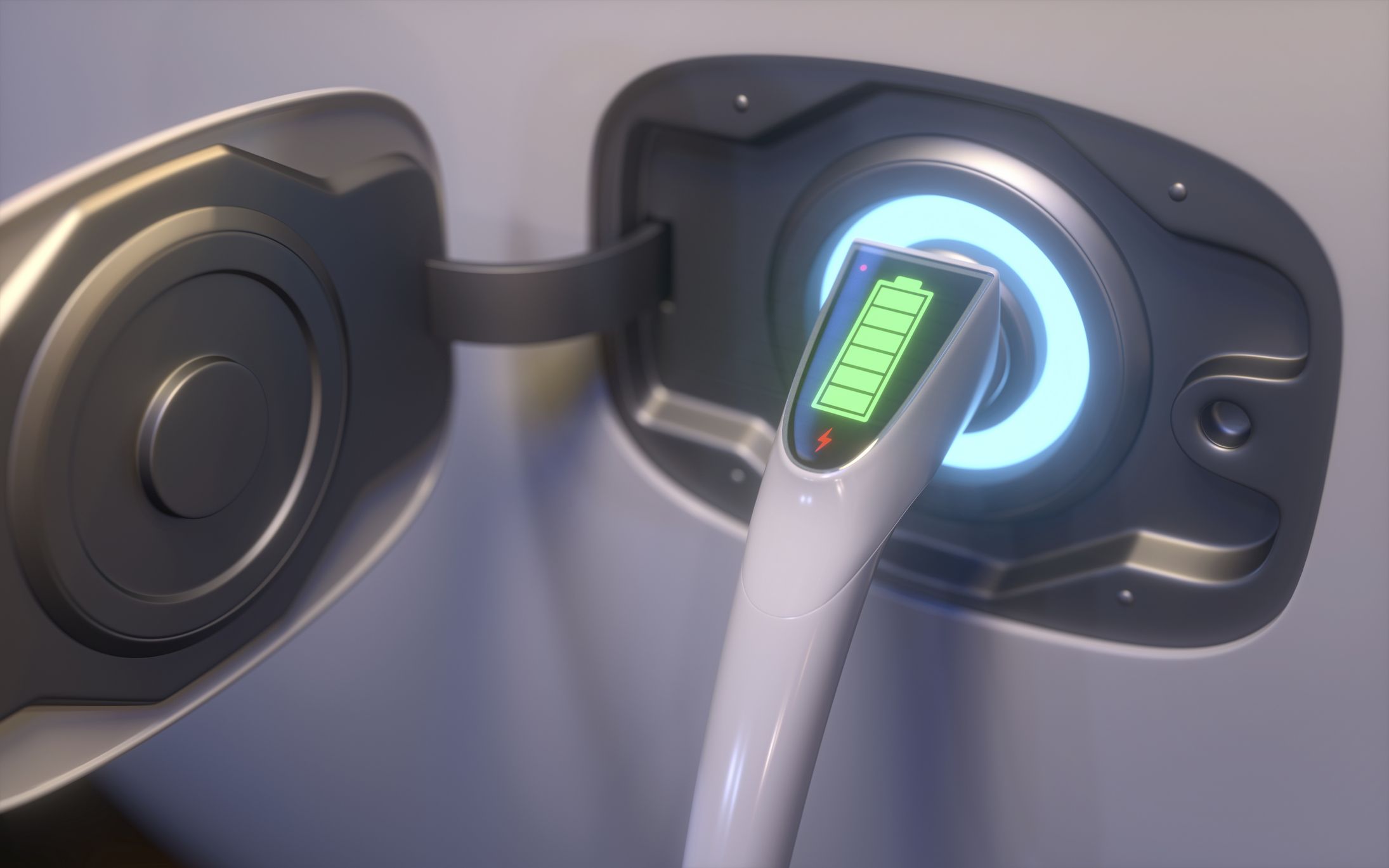
Yandex (Russian ecommerce firm) is a leading company in developing technology for self-driving cars. Since 2017, the company's self-driving vehicles have logged over four million kilometers in Russia, Israel, and the US.
Russia's opportunity to build self-driving vehicles that rival the US is huge. With Waymo, Uber and other leaders in autonomous cars leading the field, it's hard to deny that Russia has great potential. But it's impossible to predict the outcome of this race.
The Russian tech company has a lot to benefit from its autonomous vehicles. But it will need to work hard. It's facing challenges similar to those of its US counterparts, including navigating snowy weather.
Yandex has said that it has overcome this issue by using neural network filters to filter the point cloud generated by a self-driving car when it detects snow. This allows for the software to be able see objects better, particularly pedestrians, when it is snowing.

The cars are also able to identify the right time to slow down based on historical data. Because the roads are often covered in snow and ice, it's difficult for a vehicle to avoid obstacles.
The robotaxis that the company calls taxis will be able pick up passengers at five different locations in Innopolis. This small town was created in 2011 to encourage education in Information Technology. They will be able offer rides to anyone, whether it's a tourist or a student.
At the moment, the cabs are driven by a safety engineer, but they will soon be able to operate without a driver. The company hired teleoperators in the meantime to track their progress.
Some of these bots will be deployed outside the US as well to see how they perform in less-than ideal environments. They've already been deployed in Moscow and Innopolis, but they're now headed to Grubhub delivery centers in Ohio State and Arizona.
A tech center will be located in Ann Arbor (Michigan) where the company can perform road testing for public. The company plans to expand these services across the globe, as well as to include more pick-up and drop-off locations.

These deliveries provide a good example of what can be done by combining an automated business model with a more traditional one. This results in a service which is both affordable and easy to use.
While the company is still quite young, its autonomous vehicles have a lot to offer and it's likely that they will become increasingly popular. The autonomous vehicles will be able take on traffic and park as well as navigate through cities that humans have never been able to.
Toyota is also testing the effectiveness of its self-driving vehicle technology. It has driven over 3,000,000 miles autonomously so far. In the next couple of months, the company is adding 100 Toyota Sonatas for its driverless fleet.
FAQ
What qualifications do I need to be a truck mechanic?
Although you don't need to have any formal qualifications, your experience working with trucks and engines is invaluable. Your experience is valuable because it allows you to diagnose problems quickly, efficiently and effectively.
Additionally, you have a solid knowledge of diesel technology that will enable you to determine what parts are necessary to repair our vehicles.
Is being a mechanic apprentice hard?
Although it's not an easy task, you will learn quickly and have many opportunities to advance.
You will need to be patient and persevering. It is also important to know how you can fix vehicles, trucks, or motorcycles.
There is a lot of pressure from customers and family members who want you to succeed. You should not feel pressured into making difficult decisions.
It could be a great job choice if you love fixing cars. This is a job that allows you to earn a decent income and grow your business.
However, you might prefer to go down another route. In this case, you could consider becoming a technician instead.
This is where you use your technical skills to support other workers. This could be a way to help technicians with their problems or to teach them new techniques.
You can also become a service advisor. When customers bring their cars into a garage, they will receive advice and assistance.
Your decision will be based on what your priorities are. There are many options and you have the ability to choose the one that is right for you.
Do I need to have a degree to work as an automotive mechanic? Can I study part time?
A degree isn't necessary, but it certainly helps. Employers will prefer candidates who have completed a degree. This shows you have put in the work and achieved success.
It doesn't mean that you can't work while you study. Some universities let students complete their coursework in the summer and then continue their studies during the school year. Others allow students to study part-time all year.
What qualifications do I need to become a mechanic?
To become a technician, you will need to pass a series exams. These exams include:
-
A general knowledge exam
-
A practical exam
-
An apprenticeship test
These tests are designed for you to understand the basic concepts and principles of mechanics before your start as a technician.
You'll be eligible for work as a mechanic after you have passed the tests. You will still need to complete an apprenticeship. This will require you to learn the trade.
To learn all you can about vehicle repair, you will need to take classes and workshops. You'll also have to work alongside experienced mechanics.
You'll need a high level of concentration and attention to detail if you want to succeed as a mechanic. Repairs to vehicles require you to pay attention to every detail.
To be a successful mechanic, you will need patience and perseverance. If you don’t love to follow instructions, this may not the right career path.
If you enjoy cars and fixing them, this job could be a good fit for you.
How can I prepare myself for a mechanic apprenticeship
Understanding what you're getting into is crucial. You need to understand the mechanics of cars and how they work. This will allow you to be prepared for your first day at work.
It is also important to be able to fix small problems like broken lights or tires.
You will be able to diagnose and repair problems yourself.
It is also important to know how the different pieces fit together in order to put them together again.
And finally, you must know how to use tools safely and efficiently.
These things will enable you to be a competent mechanic.
Statistics
- 52% of Mechanics in the United States think their salaries are enough for the cost of living in their area. (indeed.com)
- The U.S. Bureau of Labor Statistics (BLS) reports that the job outlook for automotive service technicians and mechanics is expected to decline by 4% from 2019 to 2029. (indeed.com)
- According to the BLS, total auto technician employment is expected to exceed 705,000 by 2030. (uti.edu)
External Links
How To
How to properly diagnose your vehicle for repair
You should first examine the symptoms your car is showing to determine if it requires repairs. These steps will help you diagnose your car properly.
-
Check engine lights. Inspect the dashboard light indicators. These include the engine lights, the oil pressure gauge and the battery light indicators. The RPM gauge and coolant temperature gauge should also be checked. You may have a problem with your vehicle if any of the indicators are flashing for more than a few days.
-
Take a look at the treads. Tires that are worn can cause issues with handling and braking. Also, inspect the treads of your wheels. They should be clean and smooth. To do this, remove the wheels and take them out. A flashlight can be used to check how worn the treads are.
-
Check the level of brake fluid. It is important to keep track of how much brake fluid you have in your car. You can ensure that your brakes are working properly by monitoring the level of brake fluid in your vehicle. If your brake fluid level is low they might not work properly when you apply pressure.
-
Test the suspension system. It is common for vehicles to have a suspension system which absorbs shocks or vibrations. It gives you better control and allows for smoother accelerations and decelerations. If your vehicle has a suspension problem, it might feel wobbly or shake uncontrollably. To determine whether your vehicle may have a suspension issue, you can try to put weight on the rear or front axle and watch the movement.
-
Take a look at the steering column. The steering column is used to link the steering wheel with the rest of vehicle's components. The steering column can often be damaged by an accident. It is recommended to replace any steering column that feels loose, or shakey.
-
Pay attention to the exhaust pipe. Exhaust pipes help move gases from the combustion chamber to the atmosphere. You can let harmful fumes into your home if your exhaust pipes crack or leak. If your tailpipe bends, it is important to fix it immediately.
-
Take a look under your hood. Check under your hood for any unusual or missing components. Fluids could be leaking from your engine. If you smell something strange coming from your engine compartment you should call a professional technician.
-
The air filter should be checked. The vehicle's outside environment may cause the air filter to collect dust and debris. Your vehicle will run less well if it has a dirty filter. Replace your air filter regularly.
-
Check the fan belt. Your vehicle's fan belt connects the engine to the transmission. The engine will not turn if the fan belt breaks. It's easy to replace the belt. All you need are a screwdriver & pliers.
-
Verify the radiator hoses. The radiator hose transports water from radiator to engine. It can cause hot liquid to leak onto the engine if it is damaged or cracked. You only need a pair of needle-nose pliers and a small wire brush to repair the hose.
-
The windshield wipers should be checked. Windshield wipers use electricity to clean away snow and rain. They can leave streaks on your windows glass if they stop working. To fix the problem, simply change the washer fluid.
-
Verify the condition of your battery cables. Your car's electrical system is powered by batteries. Make sure you disconnect the negative cable before replacing batteries. Failure to do so can damage your alternator.
-
Be sure to check your headlights. The headlights provide illumination for the road ahead. Bad visibility can be caused by headlights that don't work correctly. You can check the bulbs to make sure they aren't burned out.
-
Be sure to check the lights. When you approach them at night, the lights warn other drivers. It could cause distraction and even lead to an accident if it doesn't work.
-
Inspect your brakes. Before you collide with another vehicle, brakes will slow down the car. You could lose control of the car and cause a crash if they don't work properly.
-
Change your oil. The oil keeps your engine well lubricated. This oil helps to prevent metal parts becoming too worn out. It is recommended to change the oil once a month.